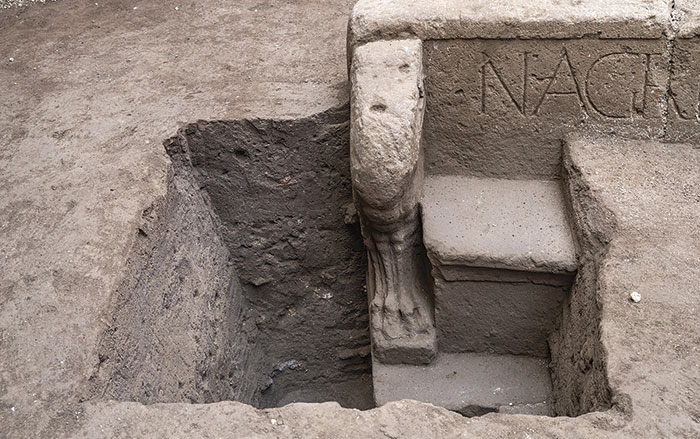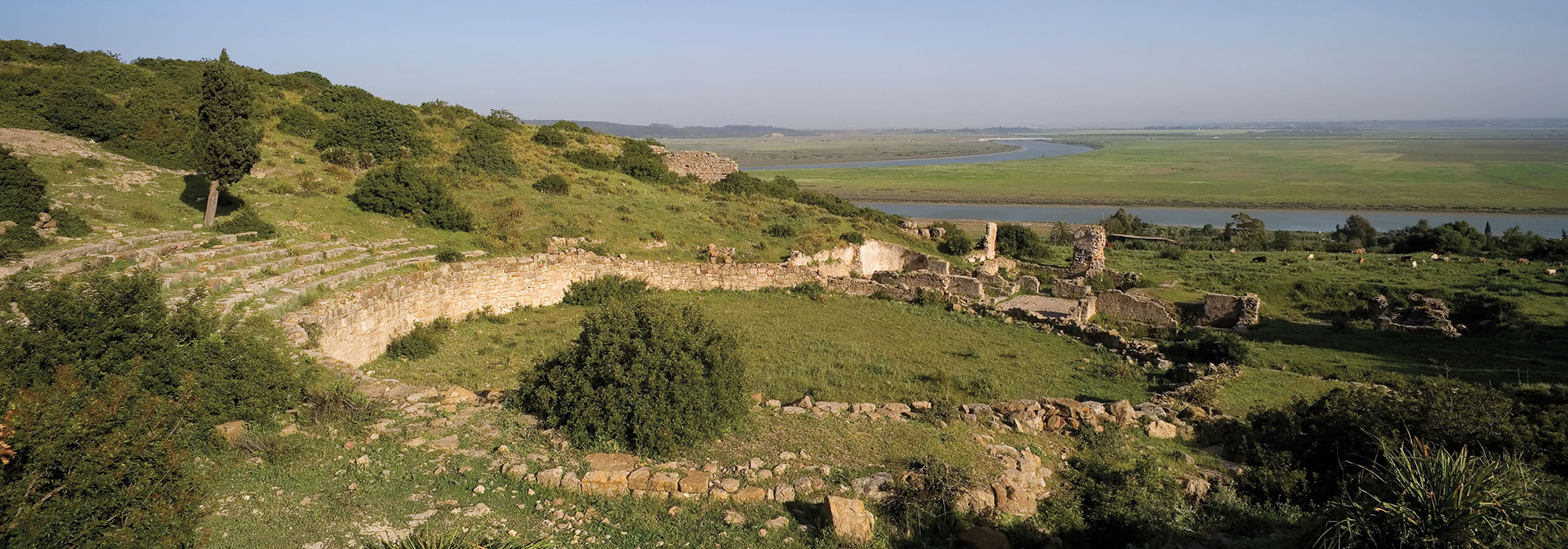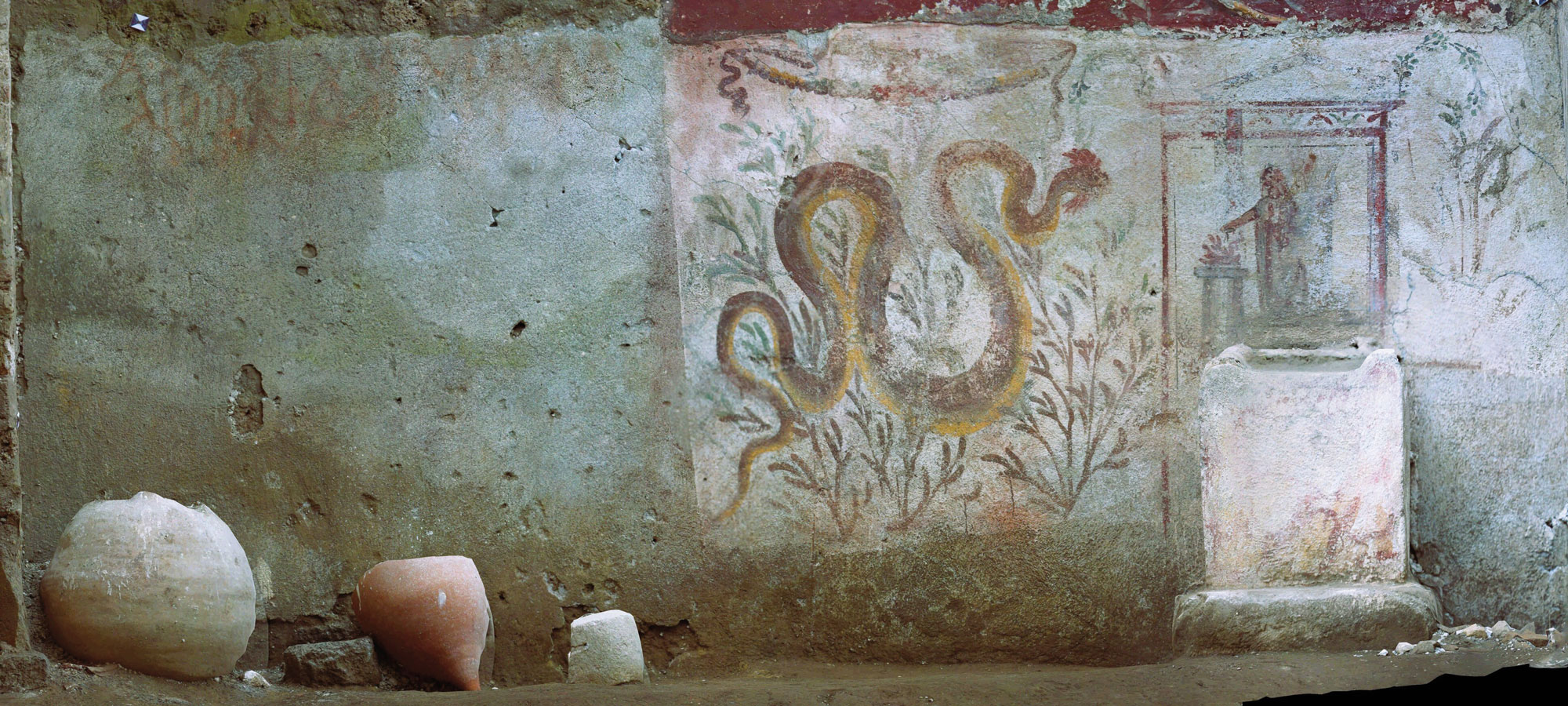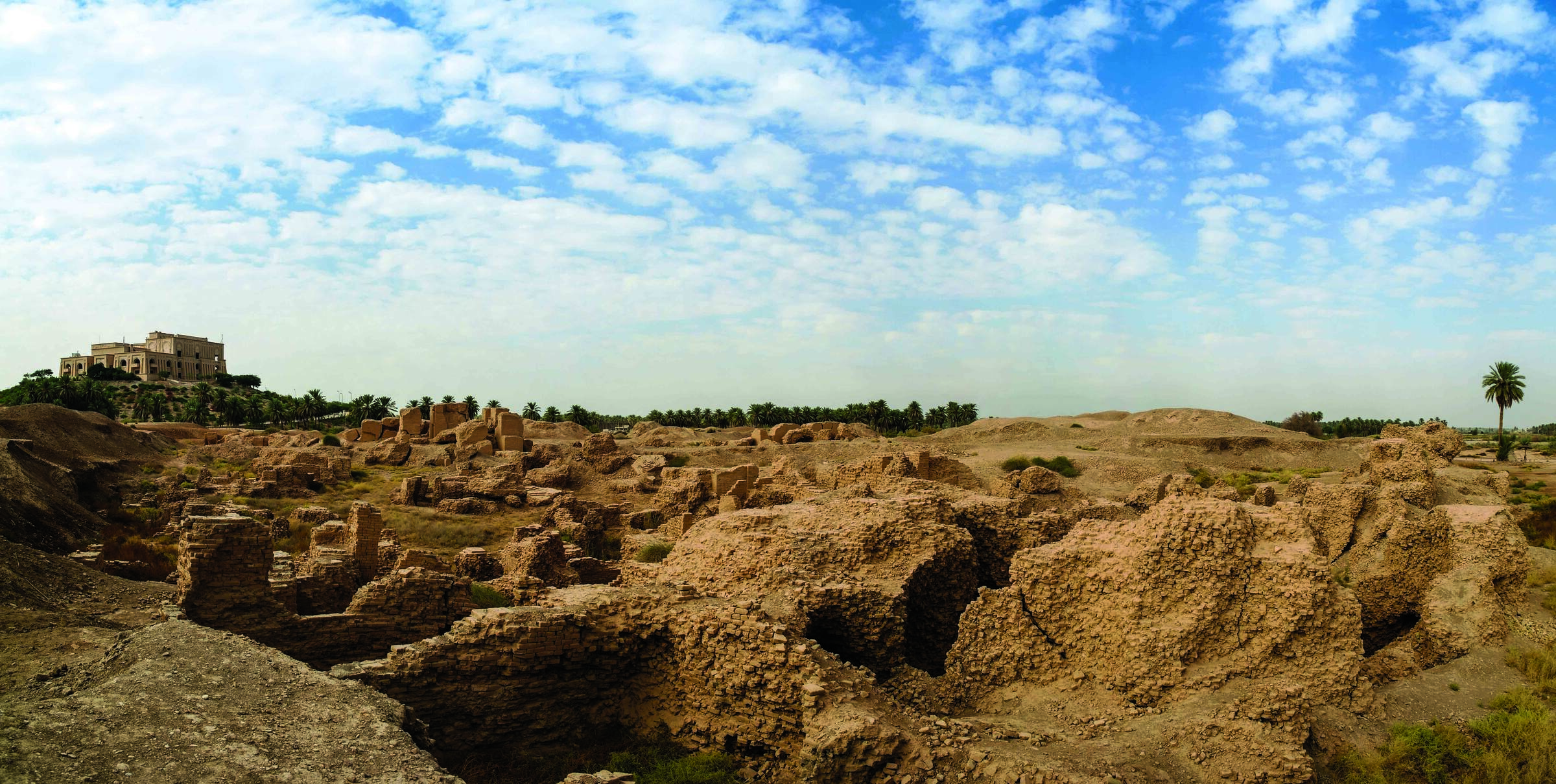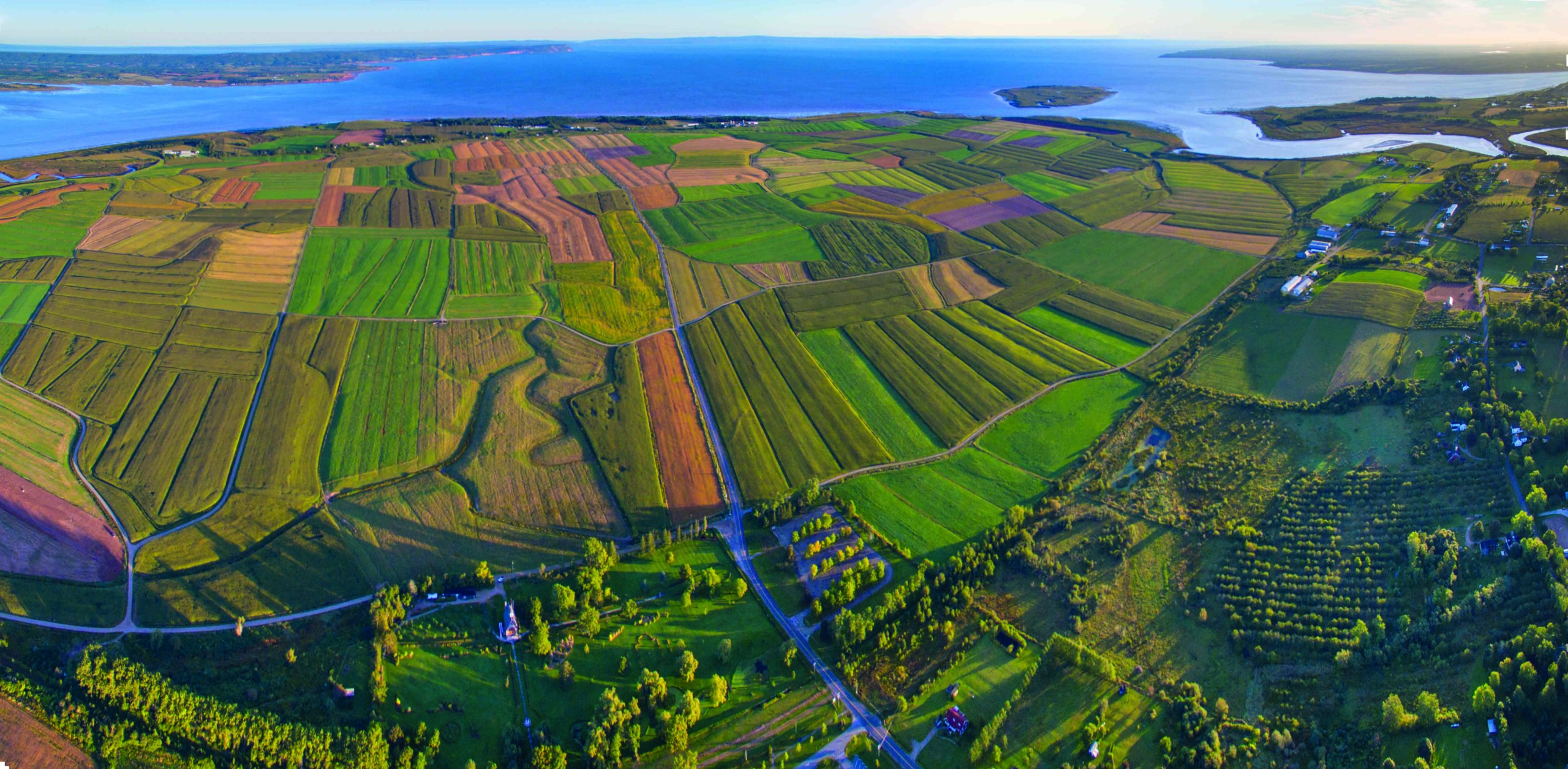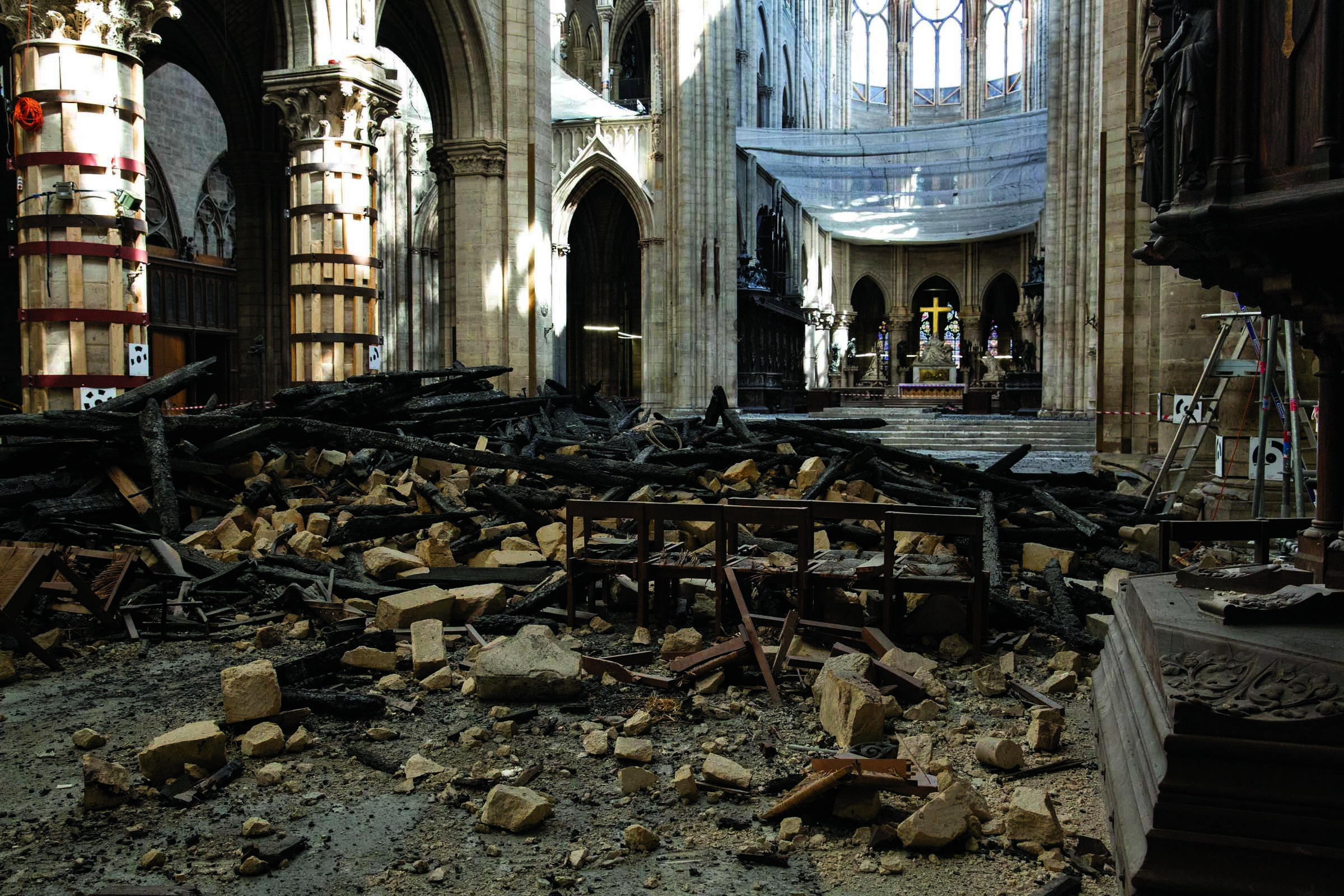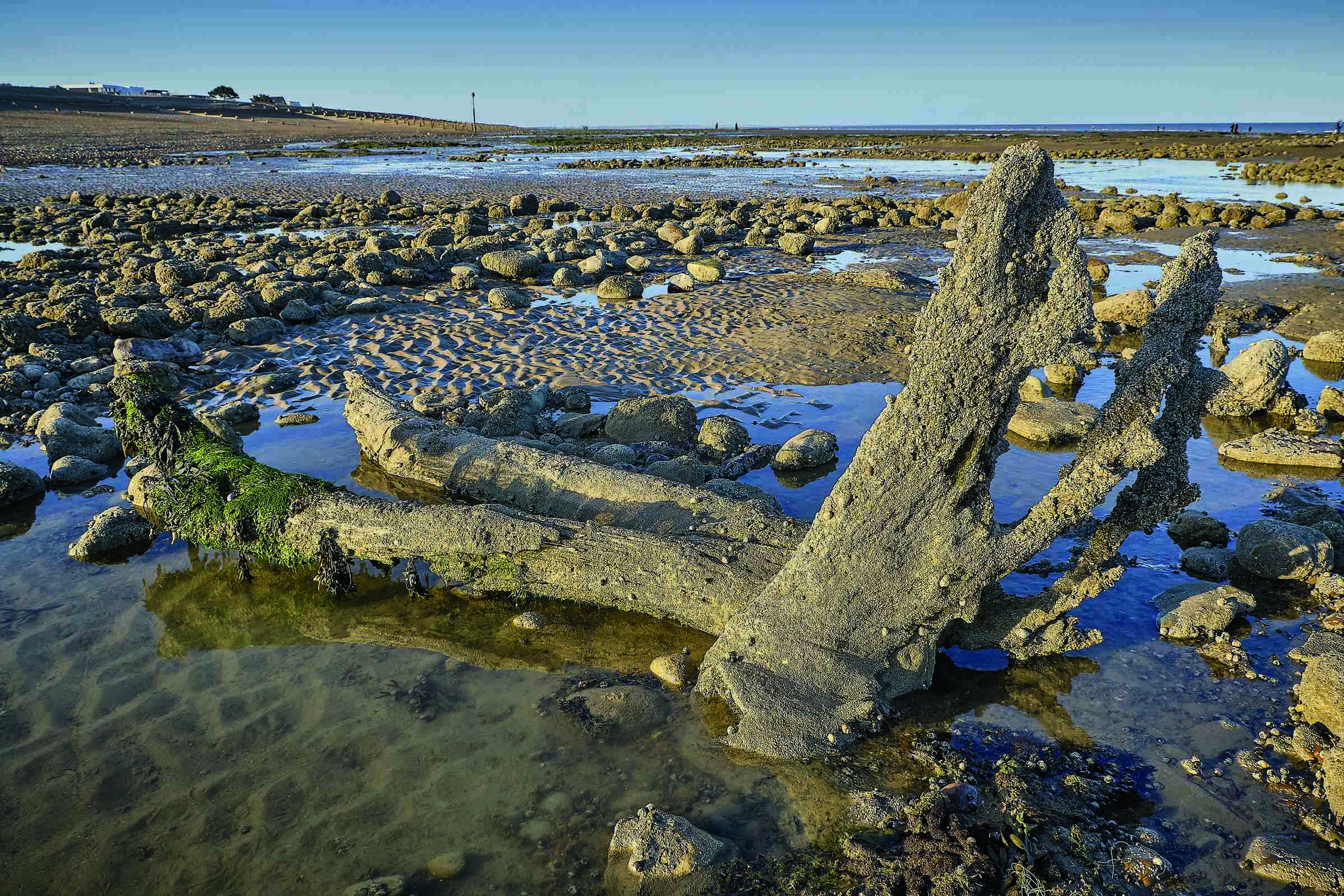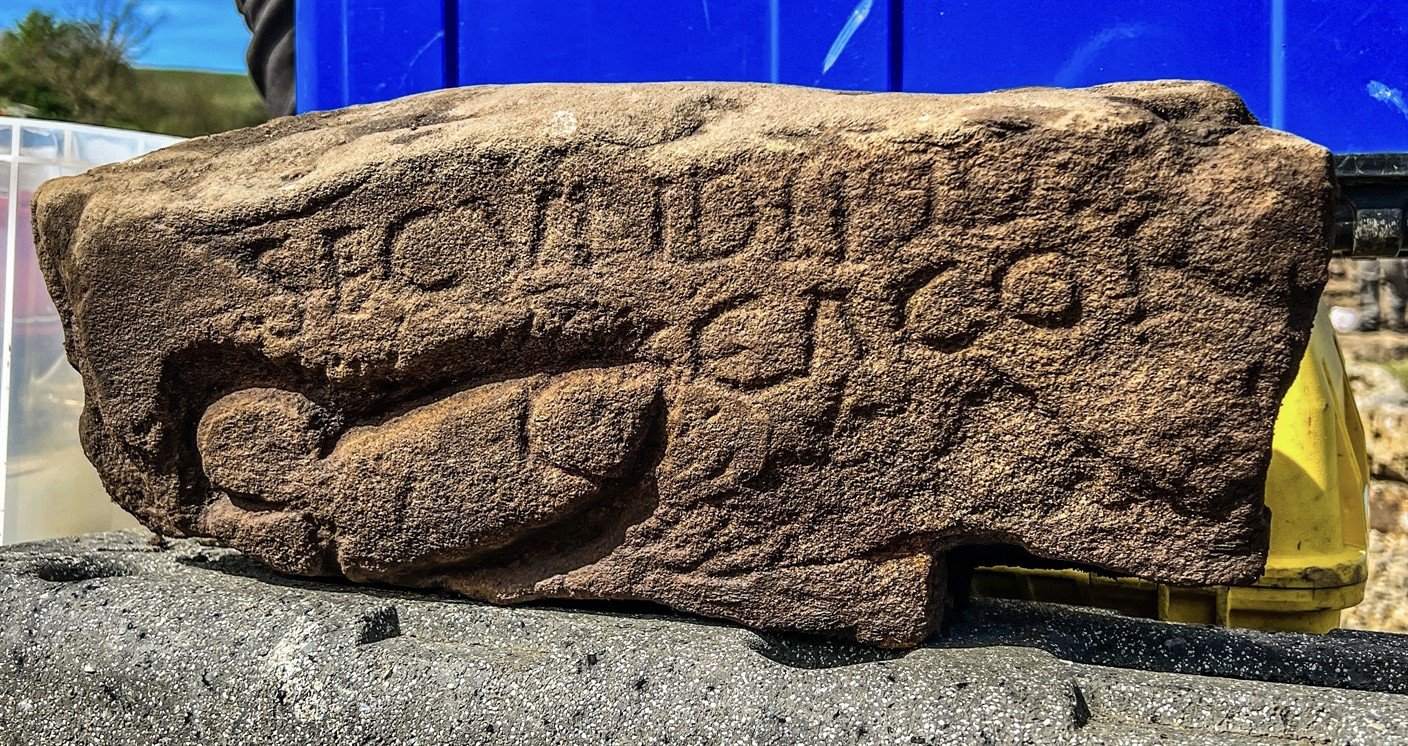
NORTHUMBERLAND, ENGLAND—A volunteer excavator at northern England’s site of Vindolanda Roman Fort uncovered a stone inscribed with a phallus and an insult, according to a Chronicle Live report. Situated just south of Hadrian’s Wall, the fort was occupied from around A.D. 85 through 370. The graffiti, which names an individual named Secundinus and refers crudely to his bodily functions, has been dated to the third century. “I’d been removing a lot of rubble all week and to be honest this stone had been getting in my way,” said volunteer Dylan Herbert. “When I turned it over, I was startled to see some clear letters. Only after we removed the mud did I realize the full extent of what I’d uncovered, and I was absolutely delighted,” he added. Andrew Birley, director of the excavation, explained that a phallus was usually regarded as a good luck charm or symbol of fertility, but was probably not intended as such in this case. “I have no doubt that Secundinus would have been less than amused to see this when he was wandering around the site over 1,700 years ago,” he said. To read about first-century A.D. writing tablets unearthed at Vindolanda, go to "Commander's Orders."



